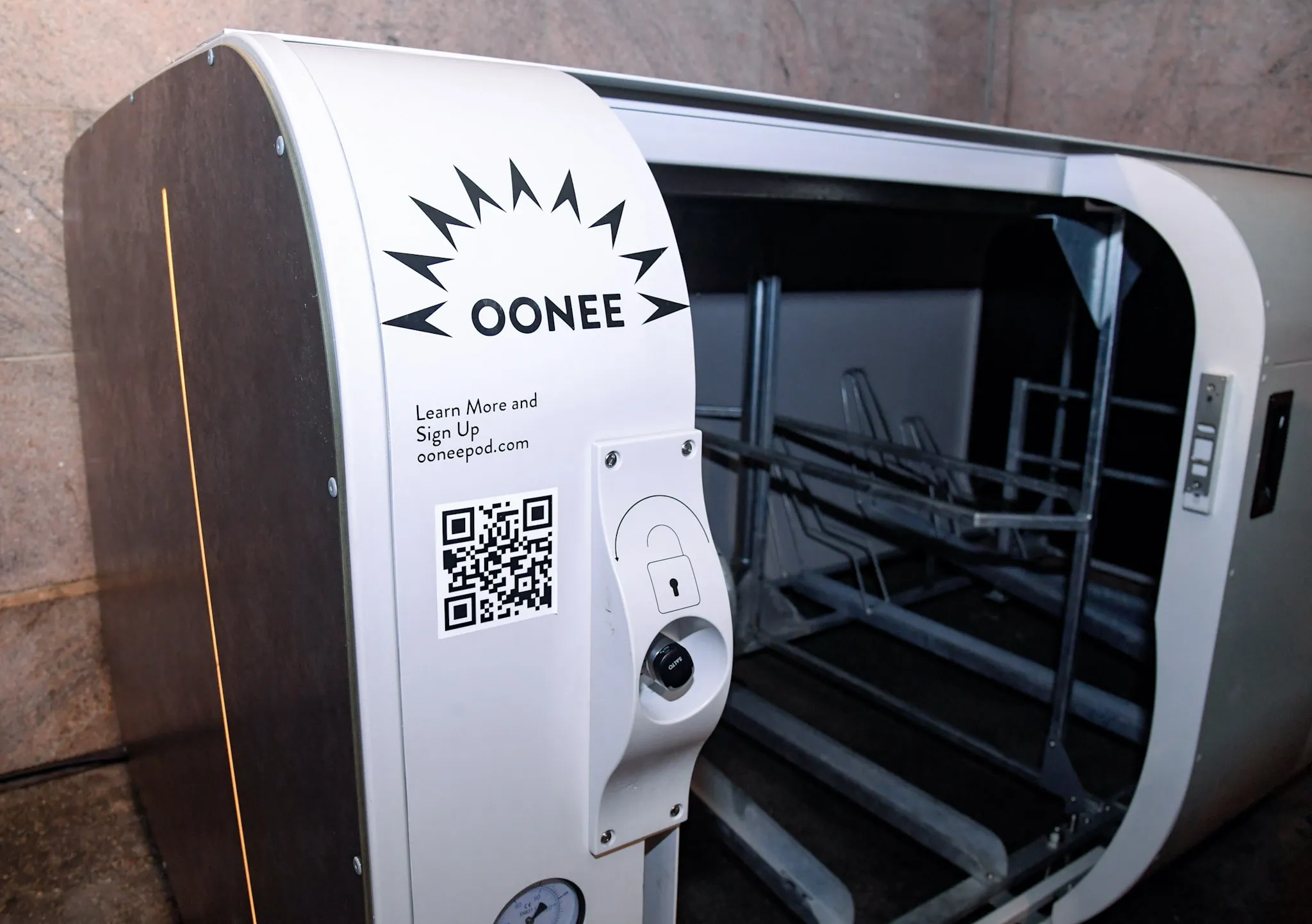The three-year initiative, funded by Innovate UK, is part of an agreement with Milton Keynes Council to trial the pods as a first/last mile solution for citizens and visitors.
The company says the Autodrive pods can travel up to 15mph for 60 miles on one charge – operating in the city centre from the central railway station.
Brian Matthews, head of transport innovation at Milton Keynes Council, says the technology has the potential to develop into a public transport service.
This service could also provide travel options for citizens who are unable to drive or may find it difficult to use buses, bikes or have difficulty walking, Matthews adds.
Miles Garner, sales and marketing director at Aurrigo, says the company is holding discussions with potential customers to take its pods to university campuses, theme parks, shopping centres and retirement villages.
“The potential is huge and we are projecting increases in turnover that could reach £100m over the next three years,” Garner adds.
The Autodrive project also includes the deployment of connected and self-driving vehicles in Coventry, UK.
Aurrigo trials self-driving pods in UK
Aurrigo has made 15 of its self-driving pods available to residents in the UK town of Milton Keynes as part of the Autodrive project.
The three-year initiative, funded by Innovate UK, is part of an agreement with Milton Keynes Council to trial the pods as a first/last mile solution for citizens and visitors.
The company says the Autodrive pods can travel up to 15mph for 60 miles on one charge – operating in the city centre from the central railway station.
Brian Matthews, head of transport innov
October 30, 2018
Read time: 2 mins
Aurrigo has made 15 of its self-driving pods available to residents in the UK town of Milton Keynes as part of the Autodrive project.









